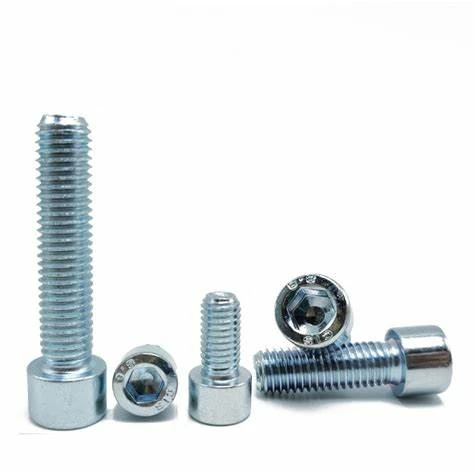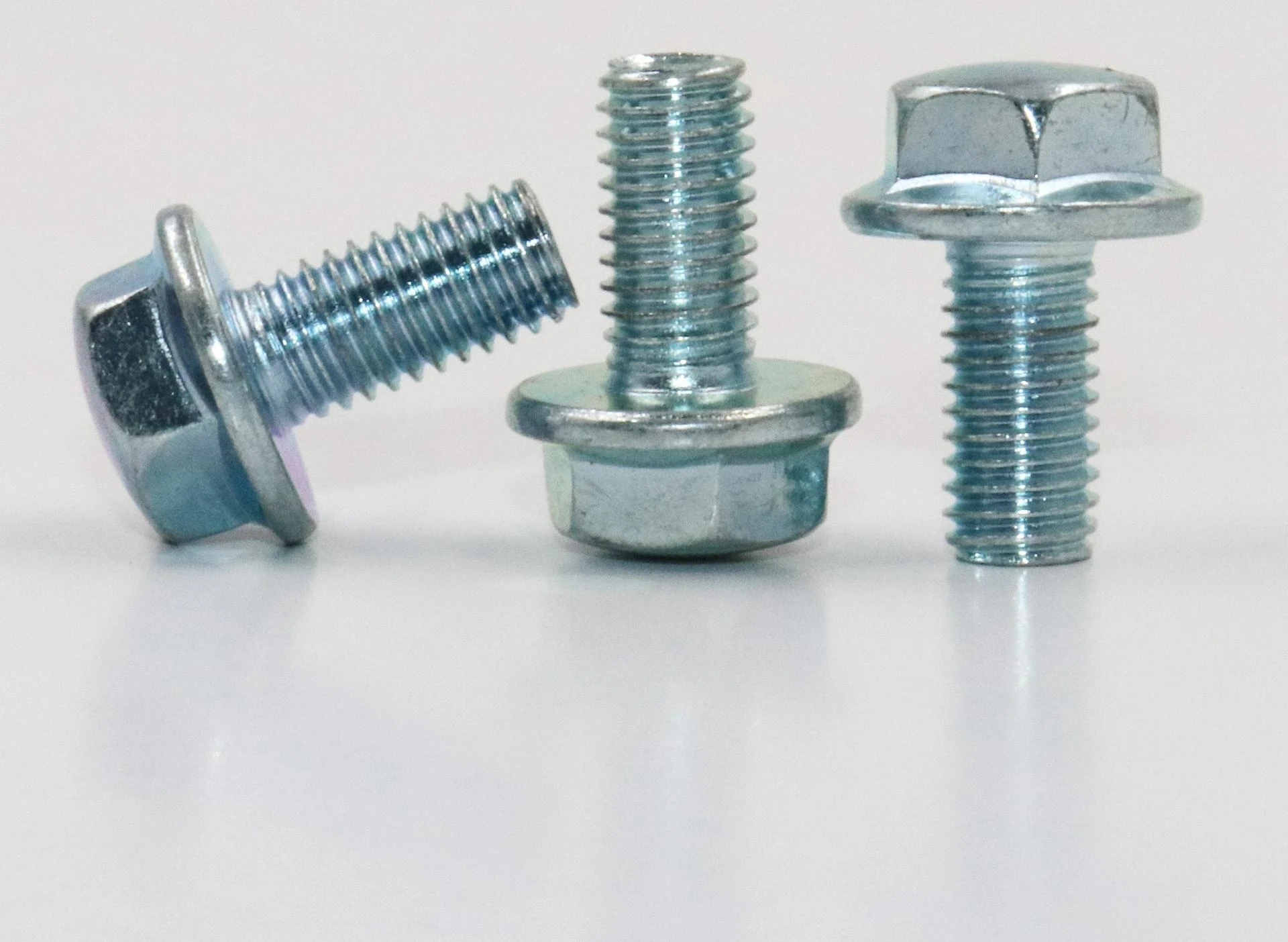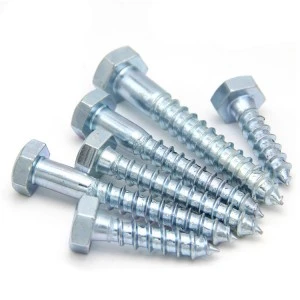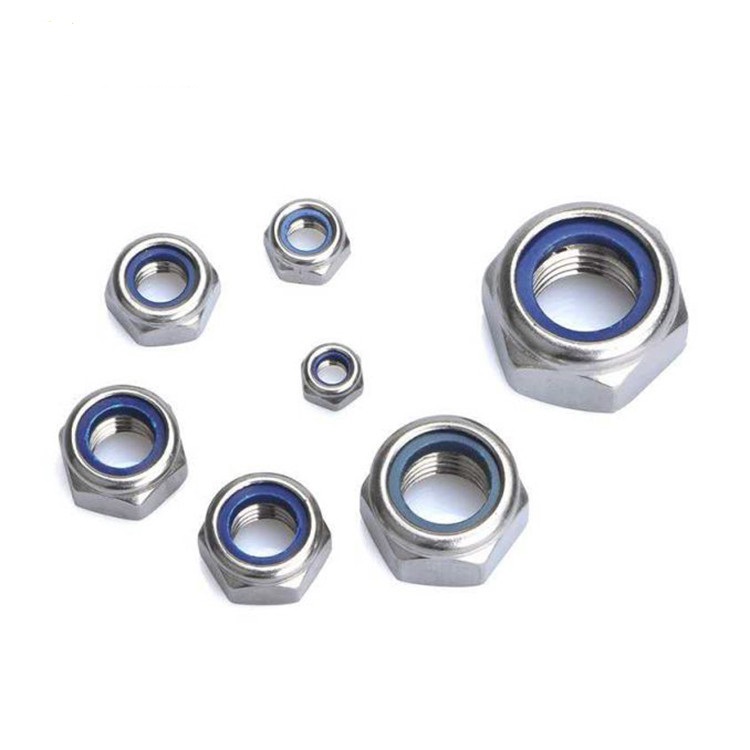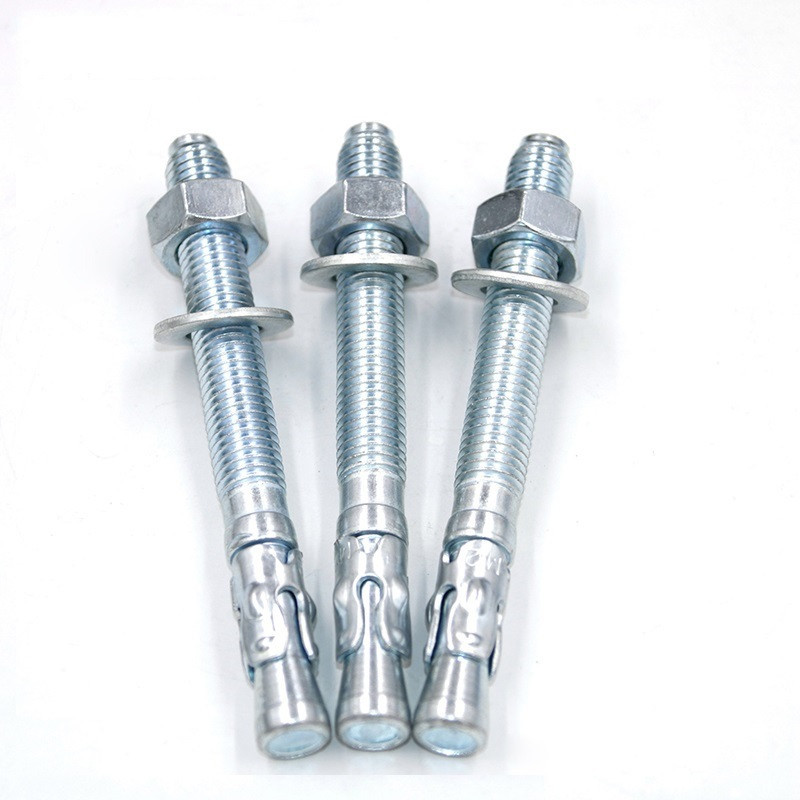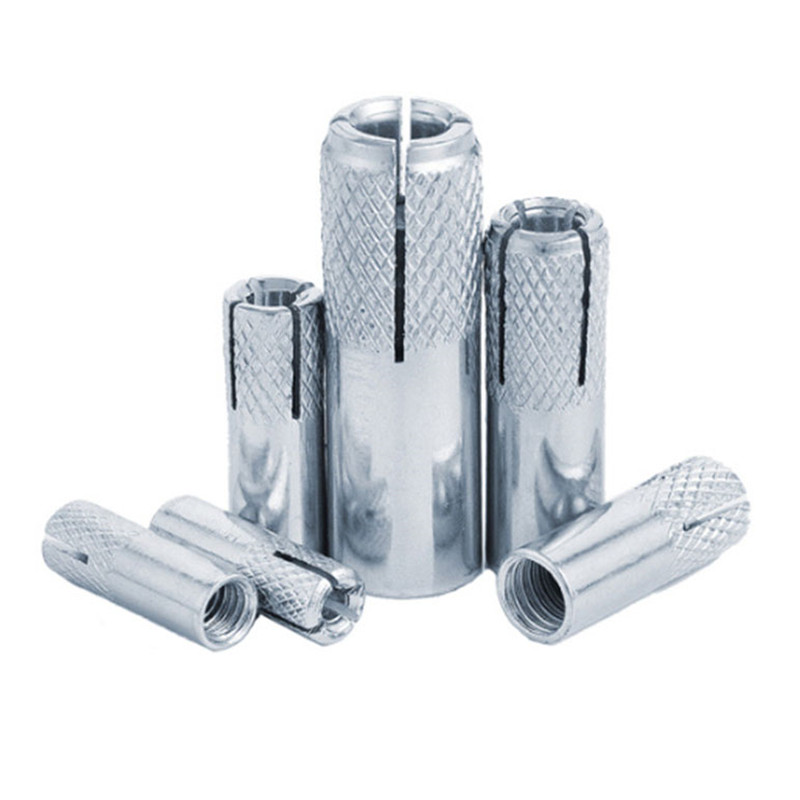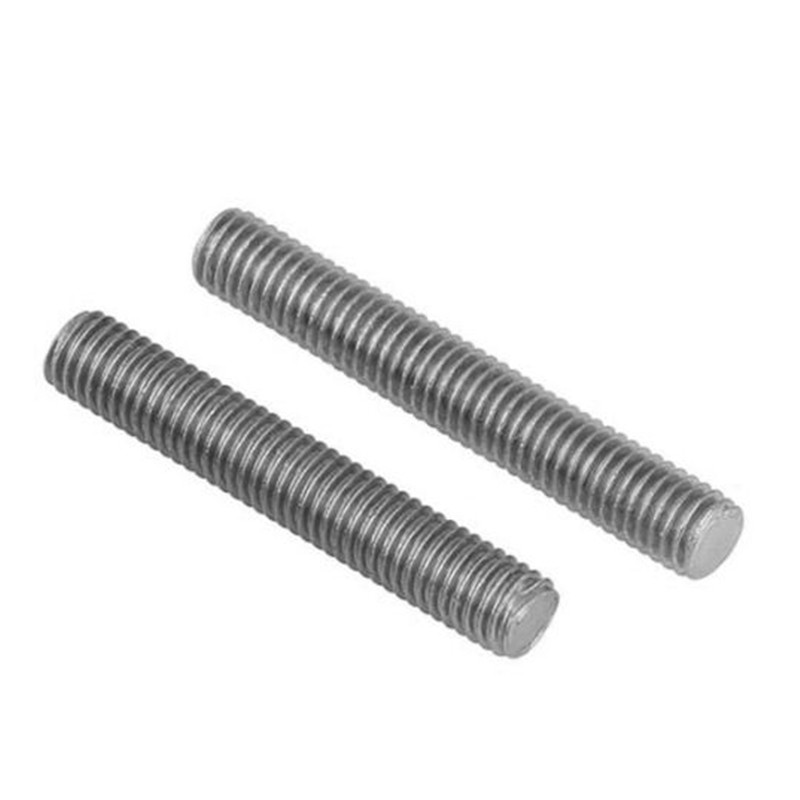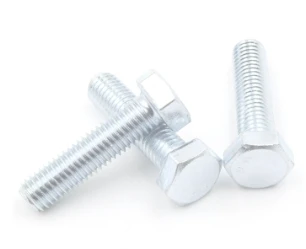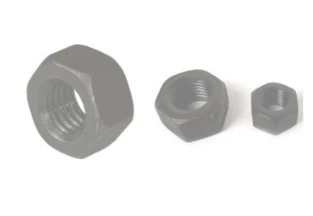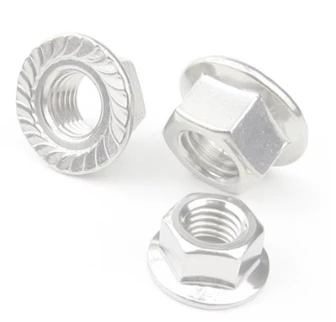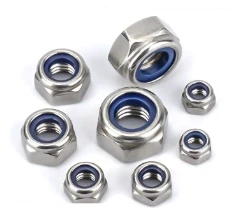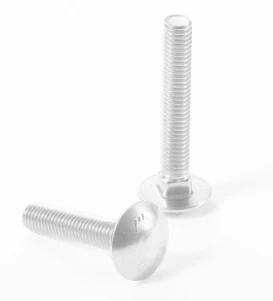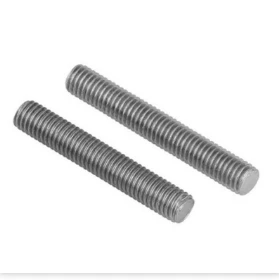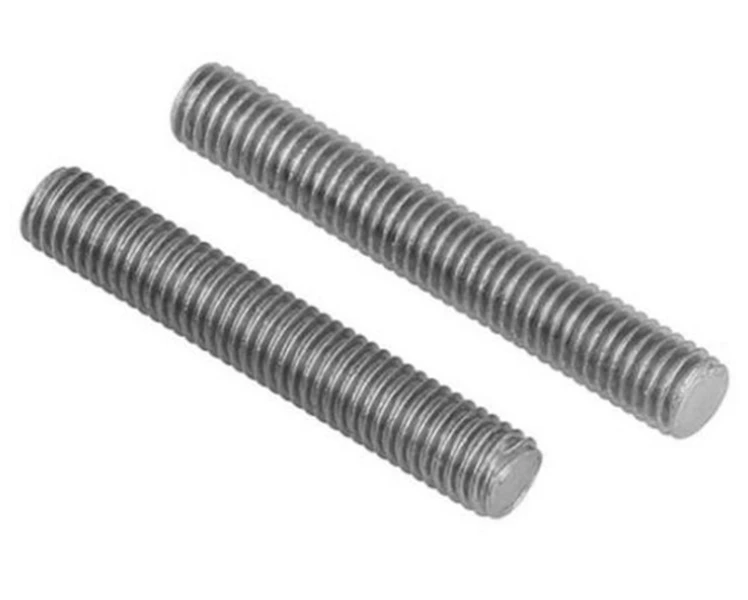On 14th December the European Commission disclosed its additional conclusions for the AD676 anti- dumping investigation, which included only a small reduction of duty rates previously calculated of between 1.8% to 3.3% – based on the downward revision of the benchmark used to calculate the exporting producers’ electricity costs.
Volker Lederer, az Európai Rögzítőelemek Forgalmazói Szövetségének (EFDA) elnöke itt fejti ki gondolatait a december 14-i közzétételről.
“In proposing duties of up to 86.5% on Chinese fasteners, the EU is creating a permanent supply problem for the European industry thereby putting 'Made in EU’ at risk. The excessively high duties will hit European companies at a time when they are already suffering from massive supply problems. It is completely incomprehensible that the European Commission wants to make the supply situation even worse under these exceptionally difficult circumstances.”
The European Commission intends to impose an anti-dumping duty on imports of screws and other iron and steel fasteners originating in the People’s Republic of China. A duty of 39.6 % is planned for a limited group of Chinese fastener exporters (previously listed as 41.8%). However, the general duty rate is still to be a whopping 86.5% (previously listed as 89.8%). The Commission initiated the investigation on 215t December 2020, following a complaint lodged by European fastener producers.
A Bizottság szerint a vámokat legkésőbb 2022. február 17-ig kell kivetni. Előtte az EU-tagállamok kormányai szavaznak a végleges intézkedésről.
The planned duties will hit all sectors of European industry, craft, and commerce, as well as European consumers, all of which depend on the reliable supply of fasteners manufactured to international standards. These ostensibly simple, low value pieces of precision engineering – whether bolts, screws Or washers – are indispensable for the manufacture of cars, bicycles, washing machines, solar panels, combine harvesters, furniture, and trains, as well as for use in installation and repair work by craftsmen or for repairing the garden door or attaching a picture in one’s own home. But the impact of duties will also be felt by schools, food manufacturers and the health sector, which need school desks, refrigeration equipment or medical devices literally held together by fasteners. Without the right fasteners, none of these final products or structures is viable.
Az európai kötőelemimportőrök, nagykereskedők és forgalmazók a kötőelemek széles választékával látják el az európai ipart, és biztosítják, hogy a termékek a megfelelő időben, a megfelelő helyen legyenek elérhetők a vásárlóknál. Az ipar számára elengedhetetlen a szabványos alkatrészek állandó rendelkezésre állása ahhoz, hogy termékeiket továbbra is az EU-ban gyártsák, és sikeresen értékesíthessék a világpiacon. A kötőelemek ellátási láncában bekövetkezett bármilyen – akár csekély – megszakítás aránytalanul nagy hatással van az ellátási helyzetre. Ezért minden beavatkozást az ellátási láncban alaposan meg kell fontolni.
A kötőelemekkel kapcsolatos jelenlegi szűk keresztmetszetek már most is egyre nehezebbé teszik az ipar és a fogyasztók kötőelem iránti keresletének kielégítését. A kötőelemek szállítási ideje sok esetben megháromszorozódott az elmúlt évben, és jelenleg 8 és 14 hónap között van. A tengeri konténerek költségei tízszer magasabbak, mint 2019-ben, és az alapanyagok, például az acél ára is robbanásszerűen megnőtt. Tovább bonyolítják a helyzetet a világjárvány miatti munkabeszüntetések a gyárakban világszerte. Emiatt nemcsak a kötőelemek szűkössé váltak, hanem drasztikusan megemelték a költségeket is.
At 86.5%, the planned duties on Chinese fasteners are even higher than those imposed from 2009 to 2016, which were eventually withdrawn following a succession of negative rulings against the EU by the World Trade Organisation (WTO). During that period the import flow from China completely collapsed. European manufacturers, despite assurances to the Commission to the contrary, were either unable or unwilling to the shortfall – which was substituted almost entirely by importers moving to other Asian manufacturing countries.
Most, az EFDA széles körű bizonyítékai ellenére, a Bizottság láthatóan egy jobbra készül! A 2009-hez képest masszívan és kritikusan rosszabb ellátási lánc környezetben a javasolt vámokat az elmúlt tizenkét hónapban már robbanásszerűen megemelkedett árak közel kétszeresére teszik. Amellett, hogy az inflációt az európai kötőelem-felhasználók és fogyasztók széles körében serkenti, a vámok alkalmazása még jobban megterheli a Kínán kívüli gyártók amúgy is erősen korlátozott kapacitásait, és tovább növeli az ellátási szűk keresztmetszeteket. A már kialakult ellátási válság és a javasolt vámok erőssége miatt a gazdaságra és a fogyasztókra gyakorolt következményei pusztítóak lesznek. A Bizottság azonban teljesen figyelmen kívül hagyja ezeket a következményeket!
The planned duties on Chinese fasteners will create an unbridgeable permanent supply gap that will not be covered by switching to manufacturers in Europe or elsewhere in the world. In other East Asian markets such as Taiwan, Thailand or Vietnam, production capacities have already been exhausted since US companies began claiming resources here a few years ago in response to the Trump administration’s protectionist duties on Chinese imports.
Az európai kötőelemgyártók sem kaphatók helyettesítőként. Kapacitásaik már most ki vannak feszítve, és nem látható javulás. Az európai gyártók szinte kivétel nélkül kiváló minőségű speciális alkatrészeket gyártanak, pl. a globális autóipar számára, míg a kínai import az egyszerűbb szabványos alkatrészeket veszi figyelembe. Ezekhez a szabványos alkatrészekhez az uniós gyártók soha nem fognak elegendő termelési kapacitást biztosítani. Akkor sem tették ezt, amikor 2009 és 2016 között vámot vetettek ki a kínai kötőelemekre.
In 2016, the Commission was obliged to withdraw its anti-dumping duties overnight due to a series of WTO rulings that demonstrated their basis was irreparably flawed. “Now the Commission is repeating its mistakes by imposing disproportionately high duties without any need. A duty level of 86.5% in no way reflects the realities of the market. As in 2009, the Commission calculates the duty level on a data basis that is not representative at all. It is based on the costs and price of one single fastener product type out of several hundred, produced by one out of many Chinese fastener manufacturers. The Commission deliberately chose this particular approach because it yields the largest margin for a duty and makes it the benchmark for the China business.
The European Fastener Distributor Association (EFDA) represents the interests of importers, wholesalers, and distributors of fasteners in Germany and Europe. EFDA has been actively involved in the Commission’s investigation process as an interested party from the very beginning and has presented comprehensive arguments and evidence why the imposition of duties on Chinese fasteners is not appropriate. To the dismay of EFDA, the Commission has barely addressed the association’s input in its decision.
This duty has nothing to do with establishing a level playing field. Rather, it arbitrarily distorts an already extremely strained market. National governments of the EU Member States need to take the interests of their European manufacturing, construction and consumer economies seriously and council the Commission to reconsider its proposals.”
Feladás időpontja: dec. 2021. 17. 00:00



